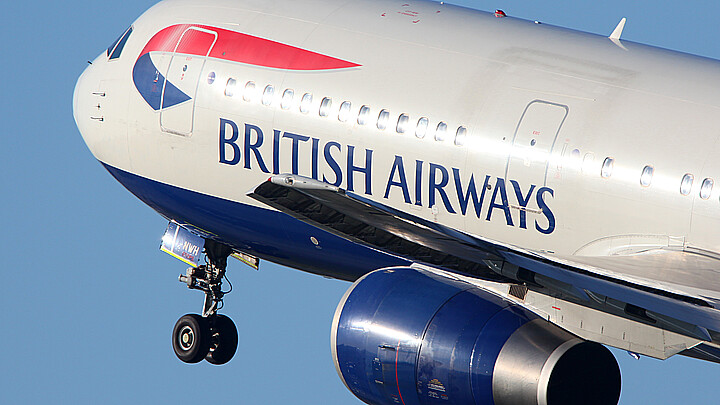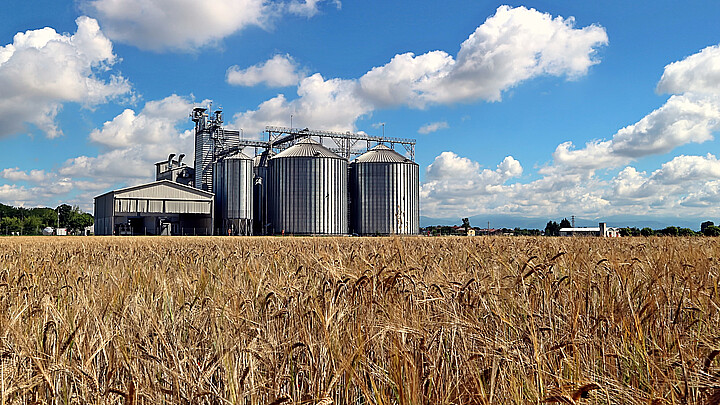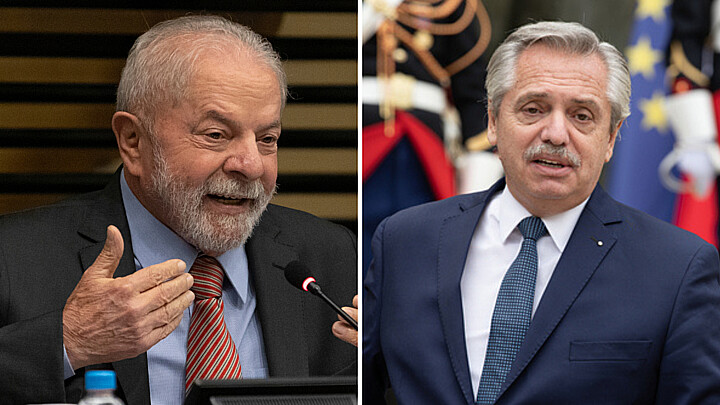Business
Brazilian lawmakers approve Amazon highway for "critical infrastructure" and "national security" amid deforestation concerns
The new bill would allow the Brazilian government to use $1.3 billion from the Amazon Fund, which is backed by the U.S. and Western European allies

December 22, 2023 6:53am
Updated: December 22, 2023 9:17am
Brazil’s lower house of Congress passed a bill on Tuesday to loosen environmental licensing to finish building the BR-319 highway through the Amazon rainforest, a project which began decades ago.
The bill calls the highway “critical infrastructure, indispensable to national security, requiring the guarantee of its trafficability.” It would allow the use of international contributions, mostly received from the U.S. and Europe for conservation purposes to be used for the “recovery, paving and increasing the capacity of the highway.”
The bill, which has already come under heavy fire by environmentalists who are concerned about the impact highway construction could have on deforestation, still needs passage in the Senate.
If passed, it will allow the Brazilian government to use $1.3 billion from the Amazon Fund, which is backed by the U.S. and Western European allies.
The Amazon Fund is an initiative developed in 2008 by the Brazilian government, but overseen by the Brazilian Development Bank, also known as the National Bank for Economic and Social Development, which is associated with the country’s Ministry of Economy.
The fund was created specifically to prevent deforestation in the Amazon for Brazil and other tropical countries. In addition to being used for conservation, sustainability and biodiversity of the rainforest, it can also be used for Amazon related activities that intersect with ecological and economic zoning as well as land planning and regularization.
Most of the donations, which totaled $3.4 billion by 2018, came from Germany and Norway, followed by contributions from Spain, the United States, United Kingdom, Denmark, France and others.
The backstory behind the highway begins five decades ago in 1973 when Brazil was run by the military during the Fifth Republic, after its armed forces took over in 1964 and remained in power until 1985.
During this time, specifically from 1969-1973, Brazil experienced an economic revitalization that some have called the “Brazilian Miracle.”
The name arose because of the South American country experiencing GDP growth by nearly 10%. The spike decreased in 1973 at the start of the global oil crisis, and came to a halt in 1979 amid the energy crisis after the Iranian Revolution spiked oil prices.
The original hope for the proposed highway was to open access for the Brazilian population to cross from one state to another through the jungle, but fervor for the project dissipated in 1988 after hundreds of miles of construction.
The unfinished part of the highway is now a dirt road, which is not usable during the jungle’s rainy season, and parts that were paved need repair work after decades of deterioration.
Restoration work on the highway slowly picked up again in 2008.
The Brazilian Congress sees merit in completing the project because it would connect two of the country’s states, Amazonas and Rondonia since, most of the year, Manaus is only accessible by air and river travel from the rest of the country.
Still, some Amazon researchers believe reviving the project would only hurt the jungle by causing deforestation in the Amazonas state, a well-preserved area of the rainforest.
“Every major highway project in the Amazon has set off a surge in land grabbing and illegal deforestation. Researchers say BR-319 would open a new frontier for logging that could push the rainforest past a point of no return,” according to a report published by Reuters.
Earlier this year in October however, Reuters also reported that droughts in the Amazon created the forest’s lowest rainfall in 121 years.
The report described the drought as “historic,” and said while high water temperatures killed more than 100 endangered river dolphins, it “upended the lives of hundreds of thousands of people and damaged the ecosystem.
The report further said the drought left rivers dry and boats stranded, cutting off food and water supplies to remote Amazon villages.
While some parts of the highway have protected areas to help preserve the environment, conservationists do not think it is enough to protect the rainforest, a conflict that will compel the Brazilian Senate to balance its concerns about expanding Brazil’s access to those in need in the jungle against deforestation.











